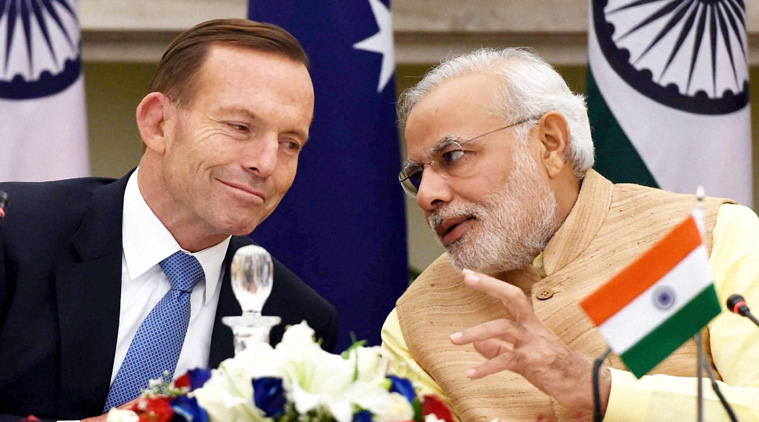For once, India’s ahead of the curve in global affairs.
Australia is looking to abolish its highest denomination banknote, the $100 note, in a bid to crack down on the black economy. The move comes after a report by UBS recommended Australia scrap the $100 note. According to UBS, benefits could include “reduced crime (difficult to monetise), increased tax revenue (fewer cash transactions) and reduced welfare fraud (claiming welfare while earning or hoarding cash)”.

“From the banks’ perspective there would likely be a spike in deposits — if all the $100 notes were deposited into banks (ignoring hoarded $50 notes), household deposits would rise around four per cent,” the report said. “This would likely fill the banks’ Net Stable Funding Ratio (NSFR) gap and reduce reliance on offshore funding,” it added.
Much like India, Australia has a large chunk if its currency in high denomination notes – there are currently 300 million $100 notes in circulation, and 92 per cent of all currency by value is in $50 and $100 notes. Australia’s black economy accounts for 1.5 per cent of GDP, given many cash payments are untaxed.
“There’s nothing wrong with cash per se, the issue is when people don’t declare it and when they don’t pay tax on it,” Australia’s Revenue and Financial Services Minister Kelly O’Dwyer said. She flagged a review of the $100 note and cash payments over certain limits as the government looks to recoup billions in unpaid tax.
Other countries have also enforced caps of high denomination notes. France bans cash transactions over 1000 euros, and earlier this week, Venezuela had banned its highest denomination note, the 100 bolivar note in an attempt to fight speculation and currency hoarding.
India had demonetized its two highest notes, the Rs. 500 and the Rs. 1000 note over a month ago in an attempt to fight black money and promote cashless transactions.